John Prine, even as a young teenager, possessed an uncanny ability to blend humor and profound sadness in his songwriting, much like his idols Hank Williams and Roger Miller. By the age of 14, he had already penned “Sour Grapes” and “The Frying Pan,” foreshadowing a career dedicated to capturing the nuances of human experience. His time serving in the Vietnam War and later as a mailman profoundly shaped his perspective, providing him with a rich tapestry of everyday life to draw upon. Songs like “Hello in There,” a poignant reflection on the loneliness of aging couples he encountered on his mail route, and “Sam Stone,” a devastating portrayal of a drug-addicted veteran, became hallmarks of his early work. Prine became a voice for the working class, the downtrodden, the elderly, and the lost, crafting songs with a deceptive simplicity reminiscent of John Steinbeck’s prose. Many artists have attempted to emulate his style, but Prine’s unique touch remained inimitable.
Despite his extraordinary talent, Prine remained humble and gave few interviews. However, his insightful conversation with Paul Zollo for Bluerailroad offers a valuable glimpse into his songwriting philosophy. “I think the more the listener can contribute to the song, the better; the more they become part of the song, and they fill in the blanks,” Prine explained. He emphasized the power of suggestion over explicit detail, advocating for grounding songs in tangible specifics—”Like what color the ashtray is. How far away the doorway was”—while leaving emotional landscapes open for listener interpretation. “So when you’re talking about intangible things, like emotions, the listener can fill in the blanks and you just draw the foundation. I still tend to believe that’s the way to tackle it today.” This philosophy resulted in a remarkable catalog of songs, where each tune feels both deeply personal and universally resonant. It’s often said there’s no such thing as a bad John Prine song. Narrowing it down to a definitive list is a challenge, but here are 25 of his best, each a testament to his enduring songwriting genius.
1. “Angel From Montgomery” (1971)
Prine’s most recognized song, “Angel From Montgomery,” paints an unforgettable portrait of a woman weighed down by life, feeling “older than she is.” The song’s seemingly simple country-rock arrangement belies the lyrical depth Prine achieves through vivid, concrete details. Images like flies buzzing around a kitchen sink and a rodeo poster sparking youthful memories ground the song in a tangible reality, while its frank depiction of marital stagnation and midlife disillusionment broke new ground in songwriting. “Angel From Montgomery” quickly transcended genre, becoming a country standard, most famously interpreted by Bonnie Raitt. Raitt’s soulful, slowed-down rendition beautifully underscores the song’s undercurrent of yearning and unspoken desire. Her poignant performance of the song at the Grammys, honoring Prine with a Lifetime Achievement Award, further cemented its legacy.
2. “Illegal Smile” (1971)
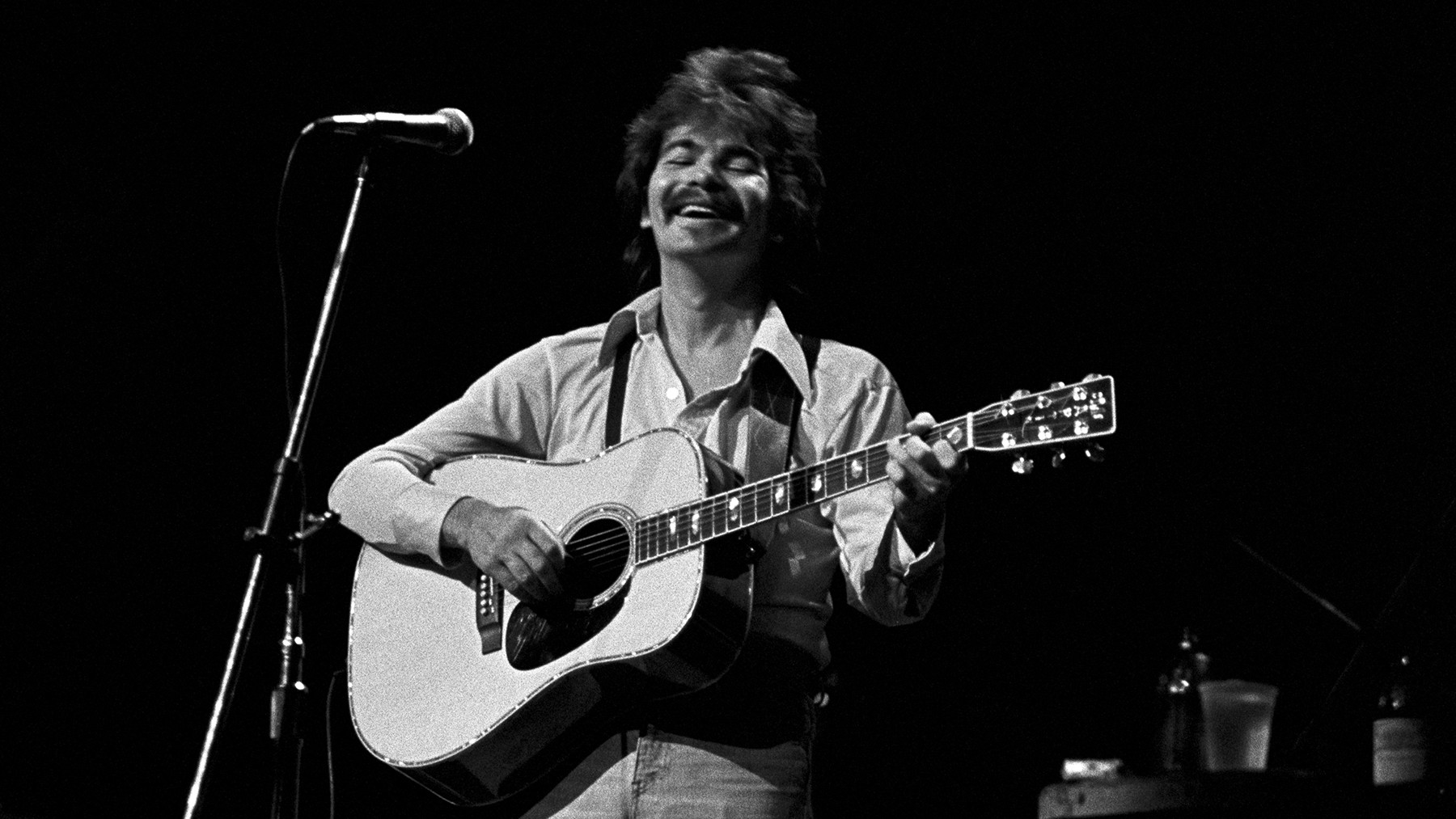 John Prine performing "Illegal Smile" in Atlanta, Georgia, a popular song from his debut album.
John Prine performing "Illegal Smile" in Atlanta, Georgia, a popular song from his debut album.
The opening track of Prine’s self-titled debut album in 1971, “Illegal Smile” became an instant anthem, particularly embraced by weed smokers, despite Prine’s playful denials about its true meaning. While lyrics about possessing “the key to escape reality” and anxious encounters with law enforcement might suggest otherwise, the song’s intoxicating charm truly lies in Prine’s rhythmic delivery. He crafts the melody and phrasing with a childlike sing-song quality, emphasizing the final two syllables of each line: “I chased a rainbow down a one-way street — dead end/And all my friends turned out to be insurance — sales men.” The song’s imagery remains consistently whimsical and “trippy,” culminating in Prine’s ad-libbed rhymes at the song’s conclusion, which amplify its childlike wonder: “Well done/Hot dog bun/My sister’s a nun.” It’s a lighthearted, joyful track that showcases Prine’s playful side.
3. “Spanish Pipedream” (1971)
“Spanish Pipedream” offers a wealth of counter-cultural advice wrapped within the narrative of a soldier and a topless dancer who choose to abandon conventional life for a simpler existence. The song’s core message—blow up your TV, throw away your paper, go to the country, build you a home—resonates powerfully, especially in today’s increasingly complex world. It presents an alluring, though perhaps unrealistic, escape, a “pipe dream” as Rolling Stone aptly noted in their 1971 review of Prine’s debut. While Prine himself may not have literally detonated his television, he did express a creative form of protest against it. As he recounted to Performing Songwriter, “I used to keep a small bowl of real fine pebbles that I picked up on my mail route, and if somebody said something really stupid on T.V. I’d throw some at the screen.” The song encapsulates a yearning for a simpler, more authentic life, a recurring theme in Prine’s work.
4. “Paradise” (1971)
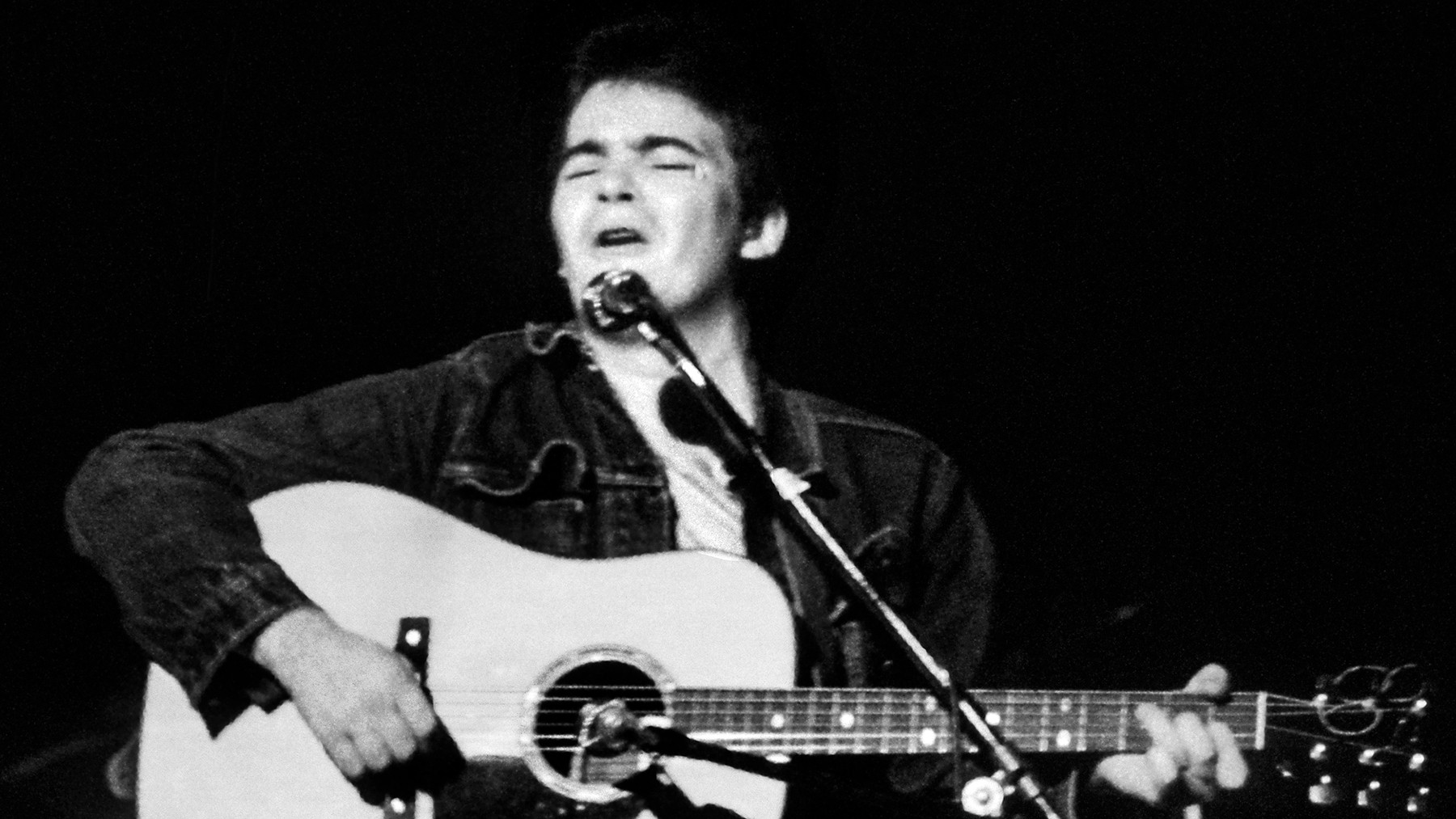 John Prine performing "Paradise" in Boulder, Colorado, a song about his family's hometown.
John Prine performing "Paradise" in Boulder, Colorado, a song about his family's hometown.
“Paradise” serves as both a deeply sentimental homecoming song and a stark indictment of corporate greed and environmental destruction. It’s Prine’s heartfelt tribute to the small mining town in Western Kentucky where his parents first met. Introducing the song during a 1970 performance later released as part of The Singing Mailman Delivers, Prine explained, “Peabody Coal and Mining bought up all the land down there, and they tore the whole town down; they strip-mined it.” Despite its specific regional focus, “Paradise” struck a universal chord, becoming a beloved standard recorded by artists like the Everly Brothers, John Denver, and Johnny Cash, much to Prine’s surprise. “I wasn’t even going to record it because I didn’t think anybody would be able to pronounce ‘Muhlenberg,’ ” he confessed, highlighting his characteristic humility and understated humor. The song stands as a powerful testament to the loss of community and the devastating consequences of unchecked industrialization.
5. “Sam Stone” (1971)
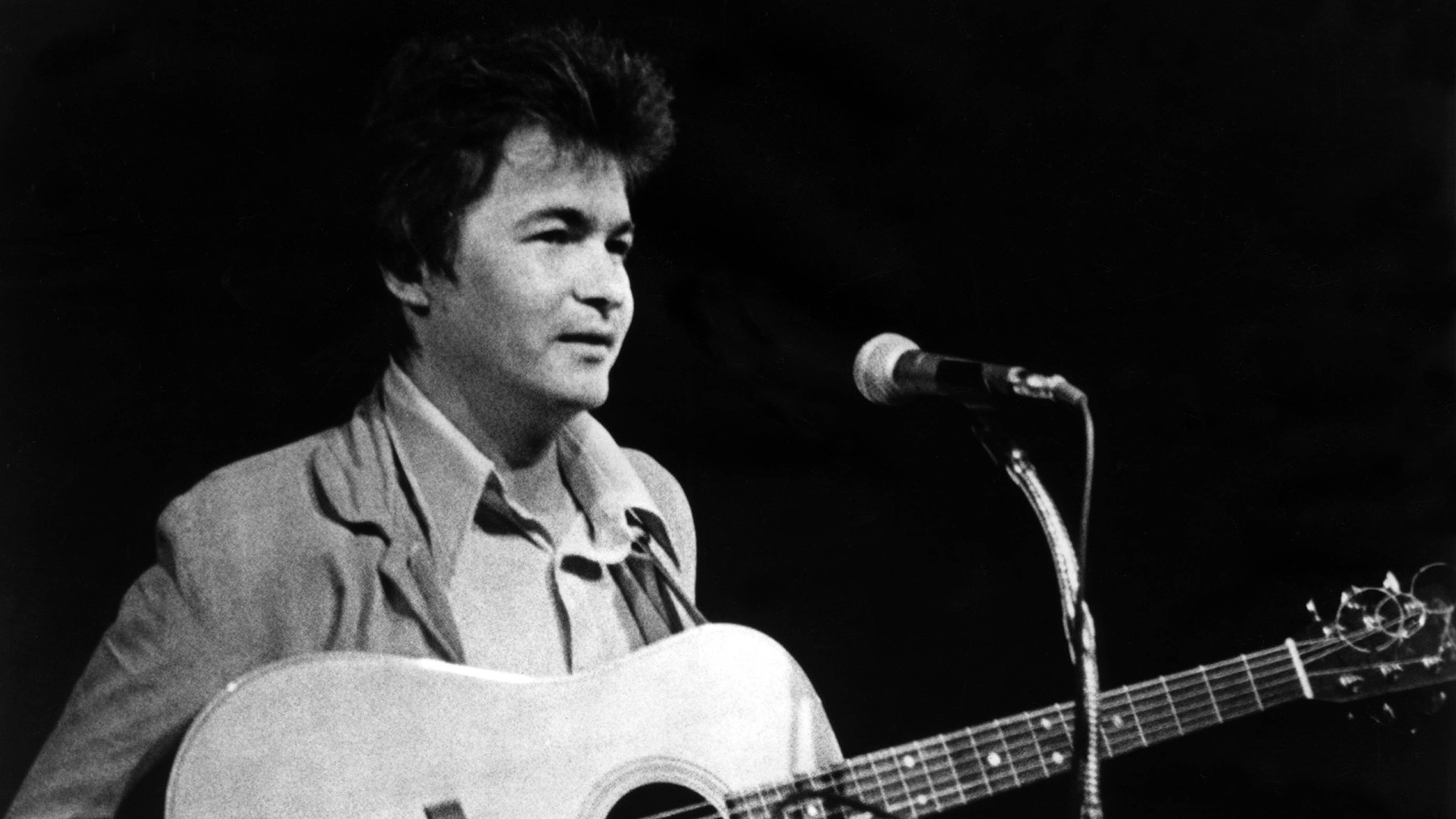 John Prine "Sam Stone", a poignant song about the struggles of a veteran and drug addiction.
John Prine "Sam Stone", a poignant song about the struggles of a veteran and drug addiction.
Shortly after returning from his own military service, Prine penned “Sam Stone” for his debut album, a heartbreaking narrative of a veteran grappling with heroin addiction. “Sam Stone” quickly became one of Prine’s signature songs, characterized by its unflinching honesty and devastatingly poignant lines, such as, “There’s a hole in daddy’s arm where all the money goes/Jesus Chris died for nothin’, I suppose.” Decades later, Prine reflected that this couplet remained the lyric he was most proud of throughout his entire career. “A lot of soldiers came home and got hooked on drugs,” he explained. “I was just trying to think of something as hopeless as that. My mind went right to, ‘Jesus Christ died for nothin’, I suppose.’ I said, ‘That’s pretty hopeless.’” The song’s raw depiction of the veteran’s plight and the societal failures surrounding addiction remains as relevant and impactful today as it was upon its release.
6. “Hello in There” (1971)
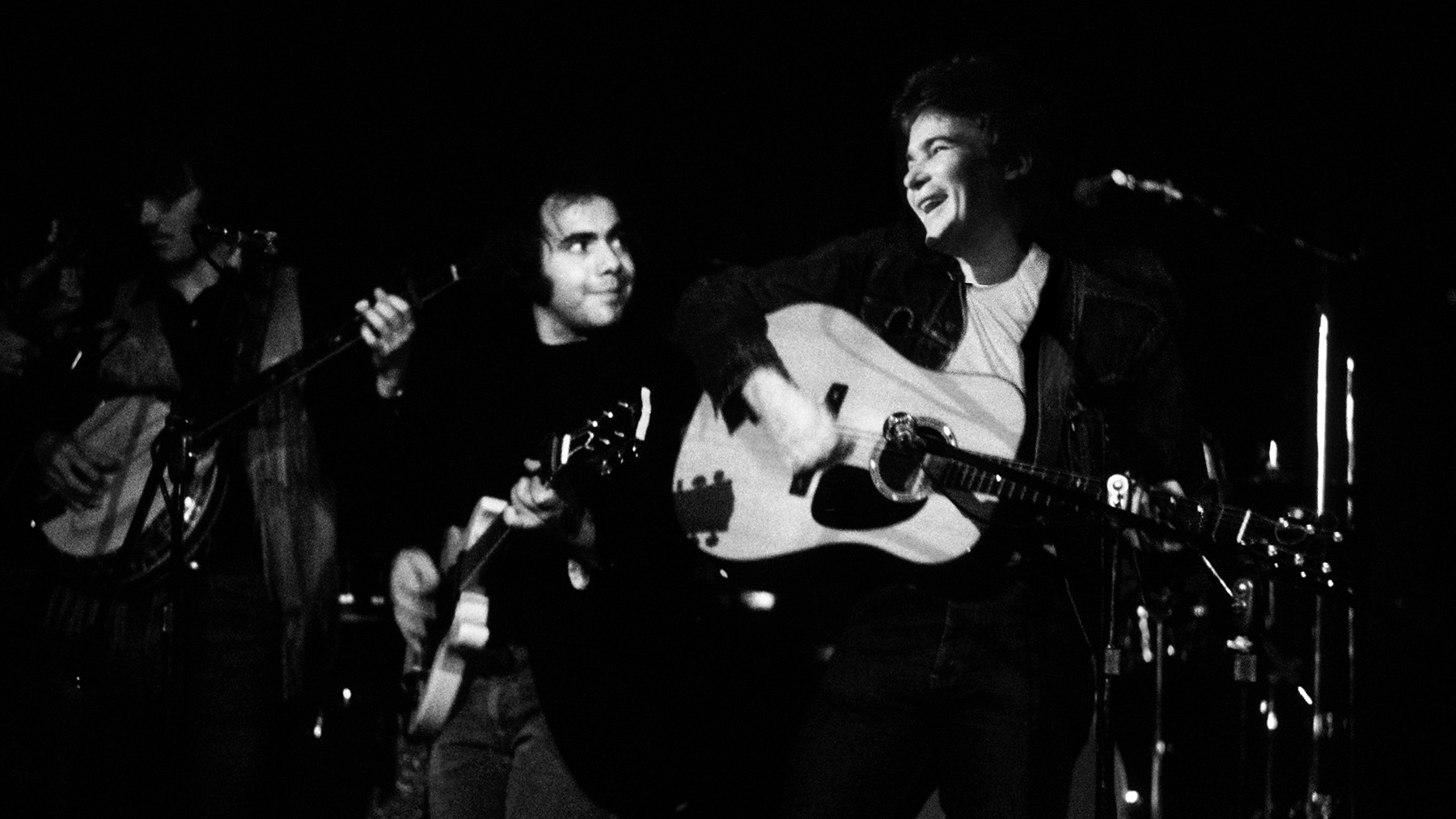 John Prine and Steve Goodman performing "Hello In There", a song inspired by loneliness and aging.
John Prine and Steve Goodman performing "Hello In There", a song inspired by loneliness and aging.
Inspired by the echo-laden vocals on the Beatles’ “Across the Universe,” Prine conceived of “Hello in There” as an attempt to “hollering through a hollow log, trying to get through to somebody.” This initial sonic image evolved into a deeply empathetic song that intimately portrays the lives of an elderly couple. From recollections of their younger days in a shared apartment to the absence of their grown children (including Davy, who tragically died “in the Korean War/I still don’t know what for”), the song tenderly depicts their quiet, isolated existence. True to folk tradition, Prine directly addresses the listener in the song’s closing lines, urging compassion and connection: “So if you’re walking down the street sometime/And spot some hollow ancient eyes/Please don’t just pass ’em by and stare/ As if you didn’t care, say, ‘Hello in there, hello.’ ” The song serves as a powerful reminder of the importance of human connection and acknowledging the often-overlooked elderly members of our communities.
7. “Souvenirs” (1972)
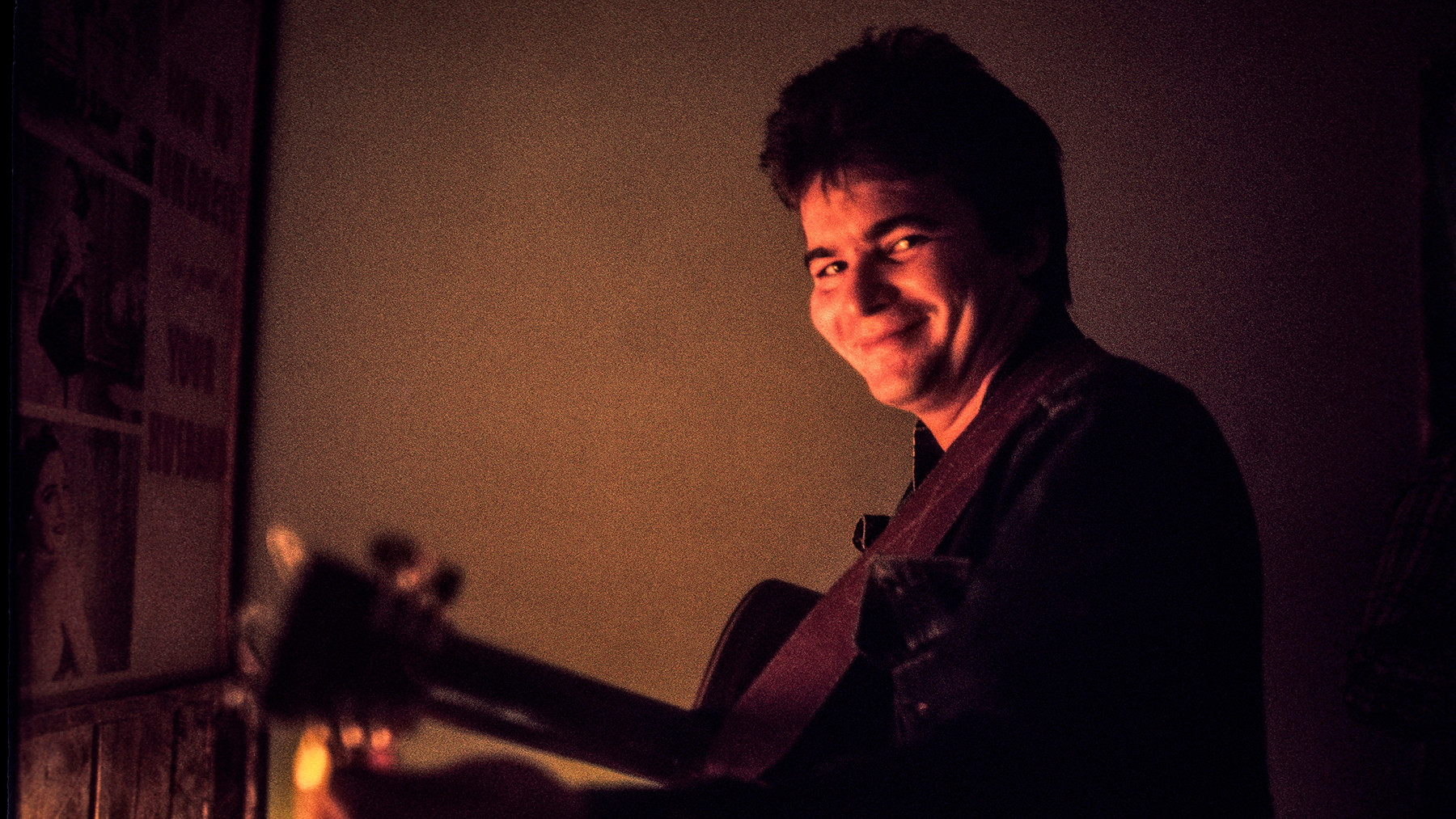 John Prine "Souvenirs", a nostalgic reflection on memories and childhood experiences.
John Prine "Souvenirs", a nostalgic reflection on memories and childhood experiences.
Prine wrote “Souvenirs,” a beautiful meditation on nostalgia and memory, in his ‘65 Chevelle en route to an early performance at the Fifth Peg in Chicago. Partially inspired by a childhood memory of briefly believing his brother was lost at a carnival, the song captures the bittersweet nature of recollections. “I thought I had come up with a pretty sophisticated melody in my head,” Prine remarked, adding with characteristic self-deprecation, “I was surprised to find out it had the same three chords that all my other songs have.” Prine often performed “Souvenirs” alongside his close musical collaborator Steve Goodman, with their live duet on Prine’s Great Days anthology considered definitive. For decades, Prine dedicated the song to his late friend whenever he performed it. The song’s two verses eloquently depict someone haunted by a lifetime of memories, a quintessential example of Prine’s sentimental side, even coining a memorable neologism: “Memories, they can’t be boughten.”
8. “Christmas in Prison” (1973)
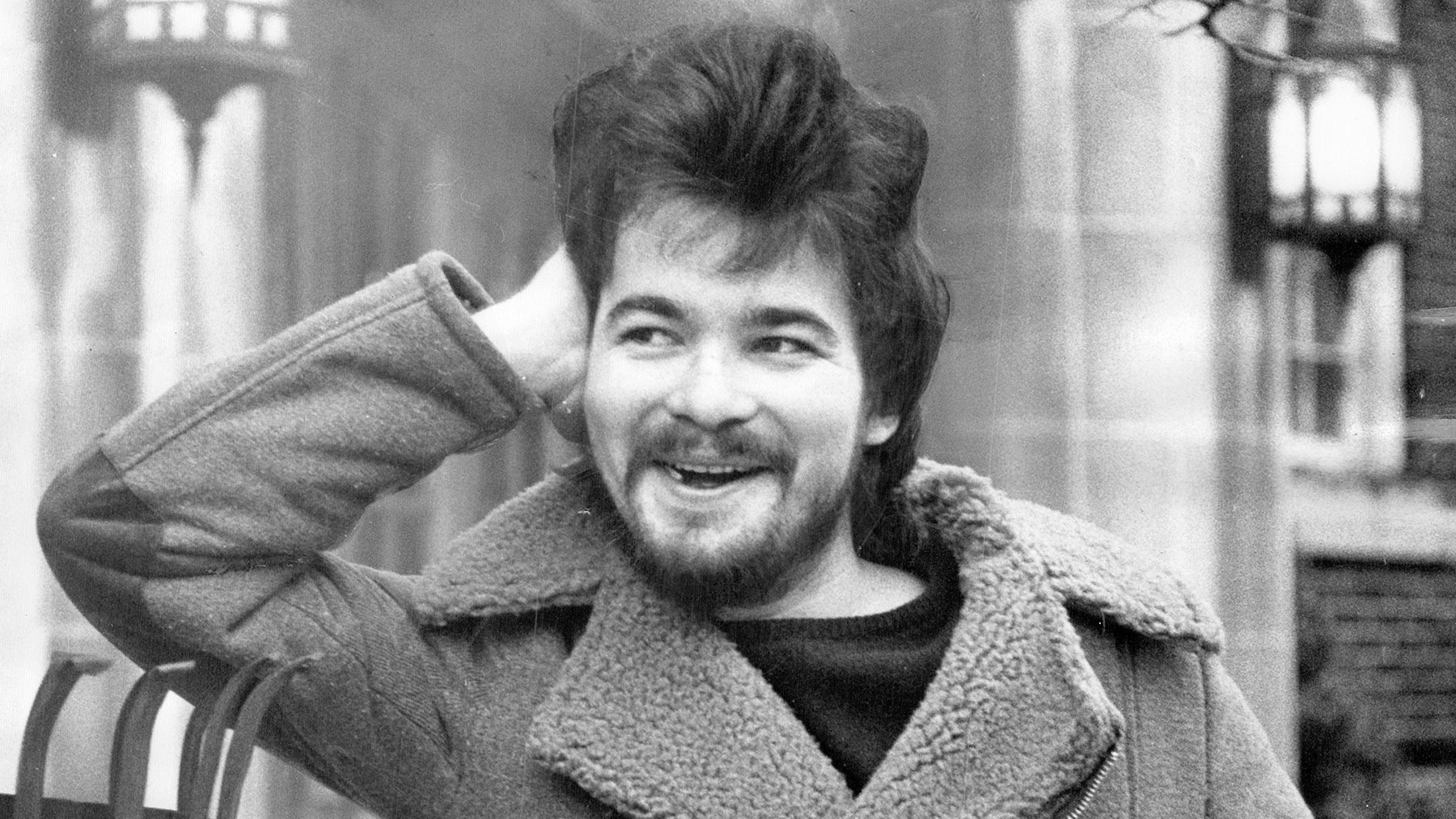 John Prine "Christmas in Prison", an unconventional Christmas and love song.
John Prine "Christmas in Prison", an unconventional Christmas and love song.
Leave it to John Prine to craft a Christmas song that defies convention, doubling as an equally unconventional love song. “Christmas in Prison” ostensibly portrays a homesick inmate longing for his lover, though Prine suggested the “prison” could be metaphorical, representing “a situation they don’t want to be in.” He elaborated, “And wishing they were somewhere else. But I used all the imagery as if it were an actual prison.” The song unfolds as a tender, sentimental waltz, its lyrics managing to be simultaneously humorous and strikingly evocative. The incarcerated narrator yearns for his beloved, conjuring vivid imagery reminiscent of prison life: “She reminds me of a chess game/With someone I admire/Or a picnic in the rain/After a prairie fire.” Despite the prison setting, Prine’s personal affection for Christmas is evident; as a bachelor, he famously kept a Christmas tree adorned in his house throughout the entire year. The song’s unique blend of holiday melancholy and romantic yearning makes it a standout in Prine’s catalog.
9. “Mexican Home” (1973)
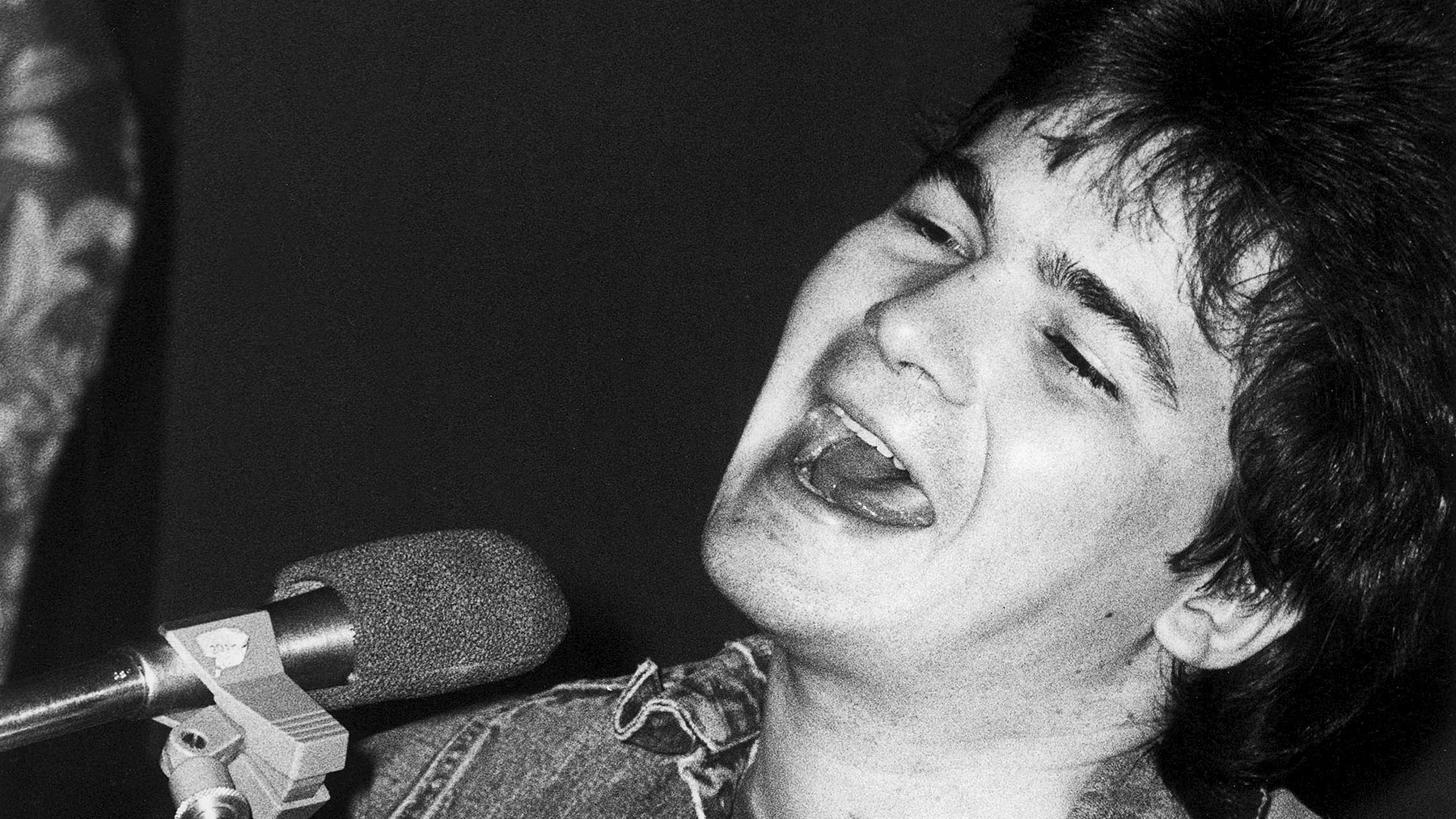 John Prine "Mexican Home", a deeply personal song about his father's passing.
John Prine "Mexican Home", a deeply personal song about his father's passing.
John Prine’s father, Bill, a factory worker and union leader, instilled in his son a love for country music. Prine often stated he wrote with the hope of impressing his father, a goal he felt he achieved with “Paradise,” a song about his parents’ Kentucky home. Tragically, Bill Prine passed away from a heart attack on his front porch in Maywood, Illinois, shortly before the release of Prine’s debut album on Atlantic Records. John had been with him earlier that very day. As he consistently did with life’s traumas, Prine channeled his grief into songwriting. “Mexican Home” directly confronts his father’s sudden death. Through poignant verses, he conveys the helplessness, anxiety, and profound pain he experienced: “The cuckoo clock has died of shock and the windows feel no pane,” Prine sings, “The air’s as still as the throttle of a funeral train.” After a series of ominous observations, Prine reveals the song’s core subject in the final verse: “My father died on the porch outside on an August afternoon/ I sipped bourbon and cried / With a friend by the light of the moon.” It’s a raw and deeply moving tribute to his father and a testament to Prine’s ability to transform personal tragedy into universal art.
10. “Blue Umbrella” (1973)
 John Prine "Blue Umbrella", a song about heartbreak and youthful vulnerability.
John Prine "Blue Umbrella", a song about heartbreak and youthful vulnerability.
“Blue Umbrella” captures the raw emotions of a young man’s heartbreak following an early breakup, the same relationship that inspired his debut album masterpiece, “Far From Me.” “The first time you get your heart busted, you never forgive,” Prine reflected years later, adding, “Especially if you’re a writer.” The song became a staple of Prine’s early performances in Chicago’s folk scene, but he held onto it, eventually including it as a melancholic highlight on his third album, 1973’s Sweet Revenge. In this concise, two-verse torch song, young heartbreak is metaphorically transformed into a torrential downpour, leaving Prine with only a “blue umbrella” to “hide the pain while the rain makes up [his] mind.” However, “Blue Umbrella” is most remembered for its chorus, poignantly depicting youthful disorientation and loneliness: “Just give me one extra season,” Prine pleads, “So I can figure out the other four.” The song perfectly encapsulates the confusion and vulnerability of first heartbreak.
11. “Bruised Orange (Chain of Sorrow)” (1978)
“Bruised Orange (Chain of Sorrow)” is a darkly surreal narrative rooted in a traumatic childhood memory: Prine witnessing the aftermath of a local altar boy’s fatal accident with an Illinois commuter train. Prine juxtaposes this stark, violent imagery, which bookends the song, with an unexpectedly anthemic chorus (inspired by Bob Dylan’s “The Lonesome Death of Hattie Carroll”) about overcoming personal struggles, and a seemingly unrelated verse detailing kissing a black-haired girl on a park bench. “My head shouted down to my heart, ‘You better look out below,’” he sings, capturing the internal conflict and vulnerability. “When I’m writing, I’m never sure if it’s really facts I’m getting or if I’m making it up,” the songwriter confessed in 2017. “There’s no line.” Years after its release, the parents of the altar boy contacted Prine, expressing their gratitude for the song, highlighting its unexpected resonance and ability to touch on profound human emotions.
12. “Fish and Whistle” (1978)
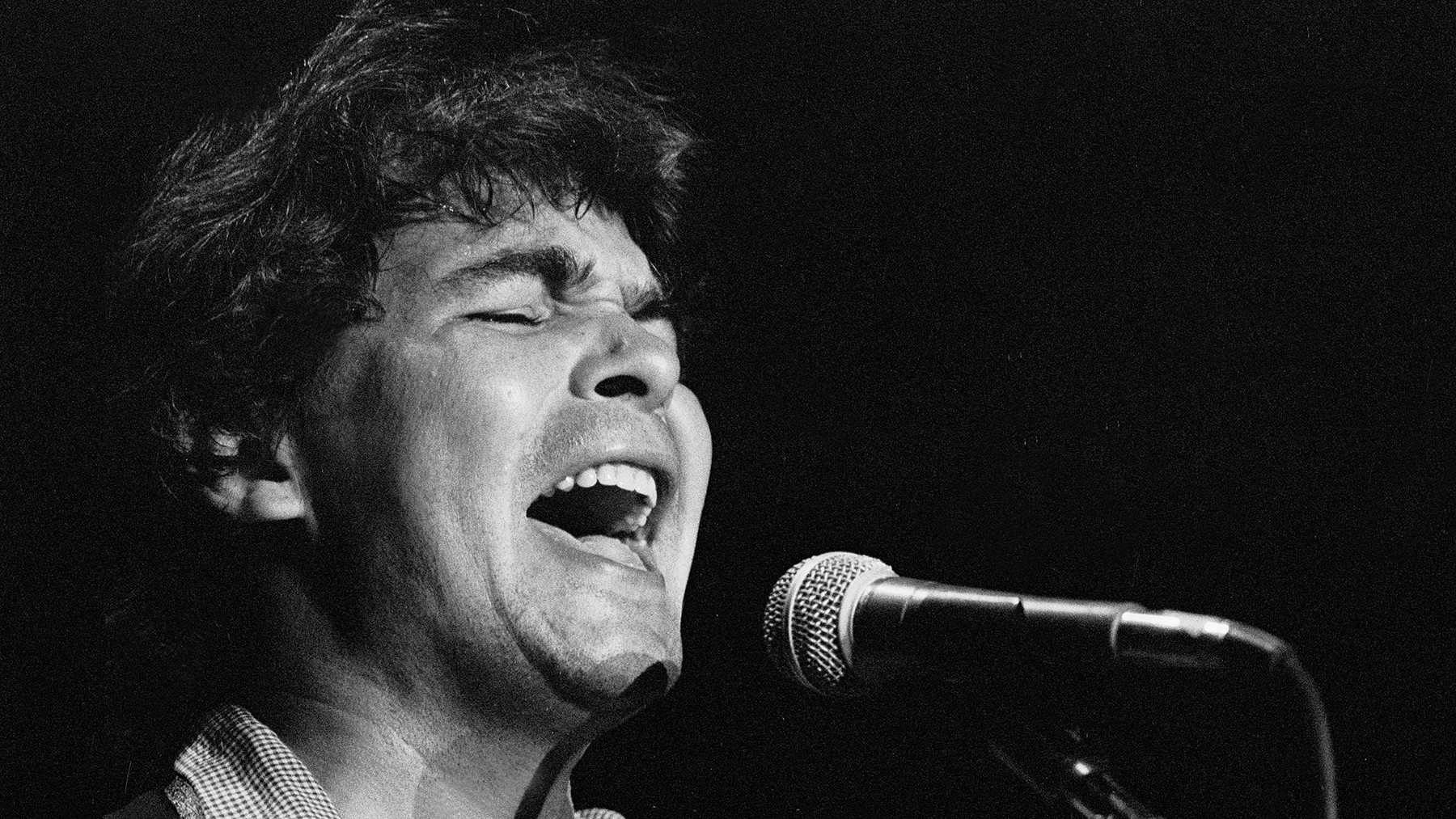 John Prine "Fish and Whistle", an upbeat song reflecting on life experiences and forgiveness.
John Prine "Fish and Whistle", an upbeat song reflecting on life experiences and forgiveness.
From Bruised Orange, “Fish and Whistle” is an upbeat, stomping track where Prine weaves together seemingly disparate snapshots from his life—from his first job at a drive-in to his army service—linking them with a chorus emphasizing the importance of forgiveness. The song is rich with humorous, relatable observations drawn directly from real life. “On my very first job I said ‘thank-you’ and ‘please’/They made me scrub a parking lot down on my knees/Then I got fired for being scared of bees/And they only give me fifty cents an hour.” Prine later admitted that his fear of bees, mentioned in the song, was indeed a genuine phobia. The song’s lighthearted tone and autobiographical details make it a charming and memorable entry in Prine’s catalog.
13. “It’s Happening to You” (1980)
“It’s Happening to You” isn’t a grand literary epic, but rather a concise, effortless tune that distills the entire life cycle of a romantic relationship, from initial infatuation to eventual farewell. It perfectly balances matter-of-fact honesty with a genuine sense of wonder at the often-clichéd rituals of love. “You know what they say/They pledge their love forever/Then they add a day,” Prine sings, adding his own wry observation to the vast tradition of pop songwriting about love. Rachel Peer’s subtle harmony vocals add a layer of bittersweet beauty to the song, enhancing its emotional resonance. Its simplicity and relatable themes contribute to its enduring appeal.
14. “Unwed Fathers” (1984)
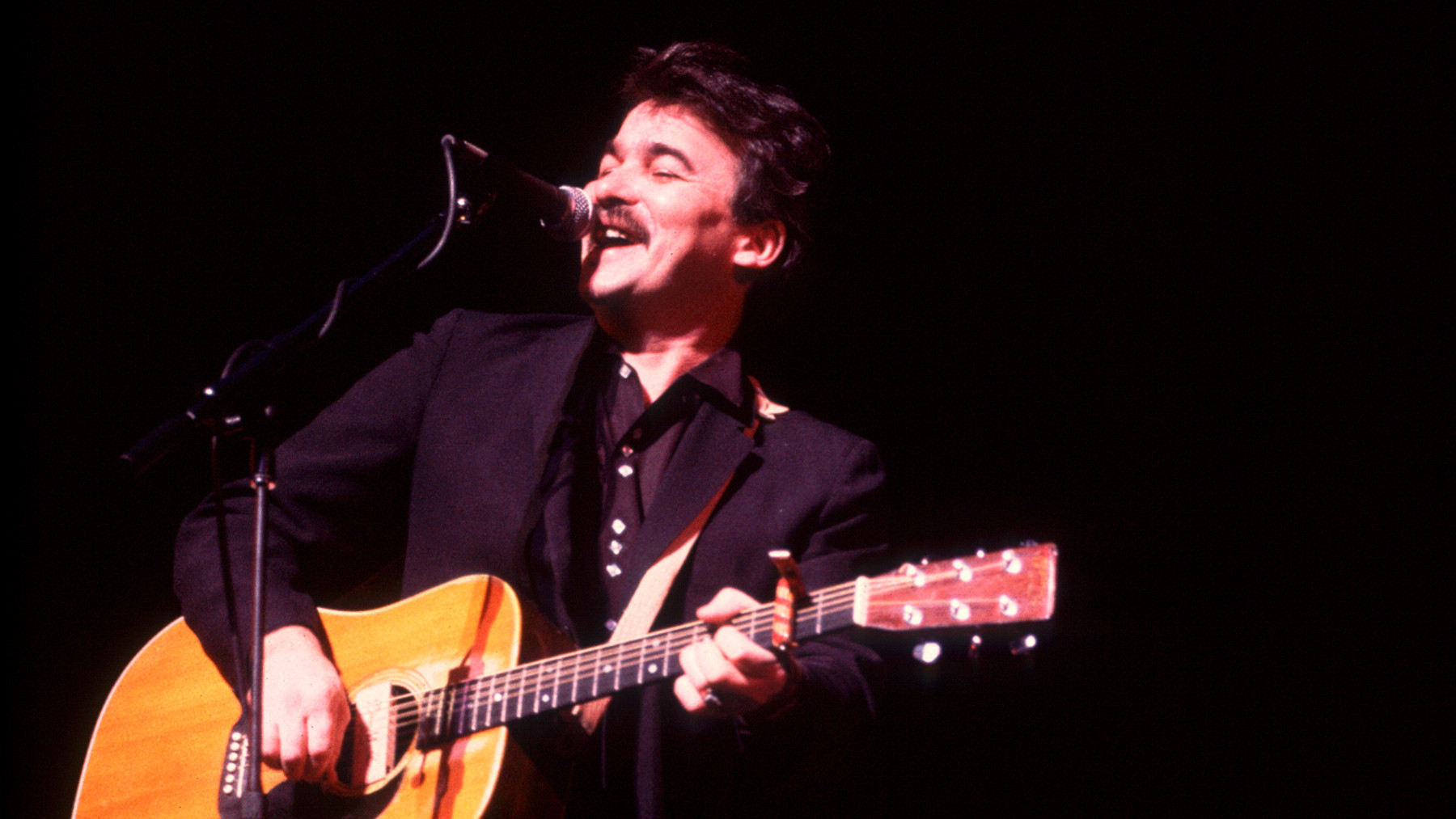 John Prine "Unwed Fathers", a song addressing societal double standards for single mothers.
John Prine "Unwed Fathers", a song addressing societal double standards for single mothers.
Prine co-wrote “Unwed Fathers,” a poignant commentary on the societal double standards faced by single pregnant mothers, with legendary Nashville songwriter Bobby Braddock in the early 1980s. “I wrote down 15 titles, including one called ‘Children Having Children’ and ‘Unwed Fathers’” Prine later recounted. “I was reading the list off to him, and all the lights went on with those two. We kind of combined them and went right into it.” The song, later recorded by Tammy Wynette and Johnny Cash, became a standout track on his 1984 album Aimless Love, where Prine performed it as a duet with his then-wife Rachel Peer. In subsequent years, “Unwed Fathers” evolved into a duet standard for Prine, often performed with collaborators like Margo Price, Iris DeMent, and Amanda Shires. The song’s powerful message and collaborative nature have solidified its place as a significant work in Prine’s discography.
15. “Let’s Talk Dirty in Hawaiian” (1986)
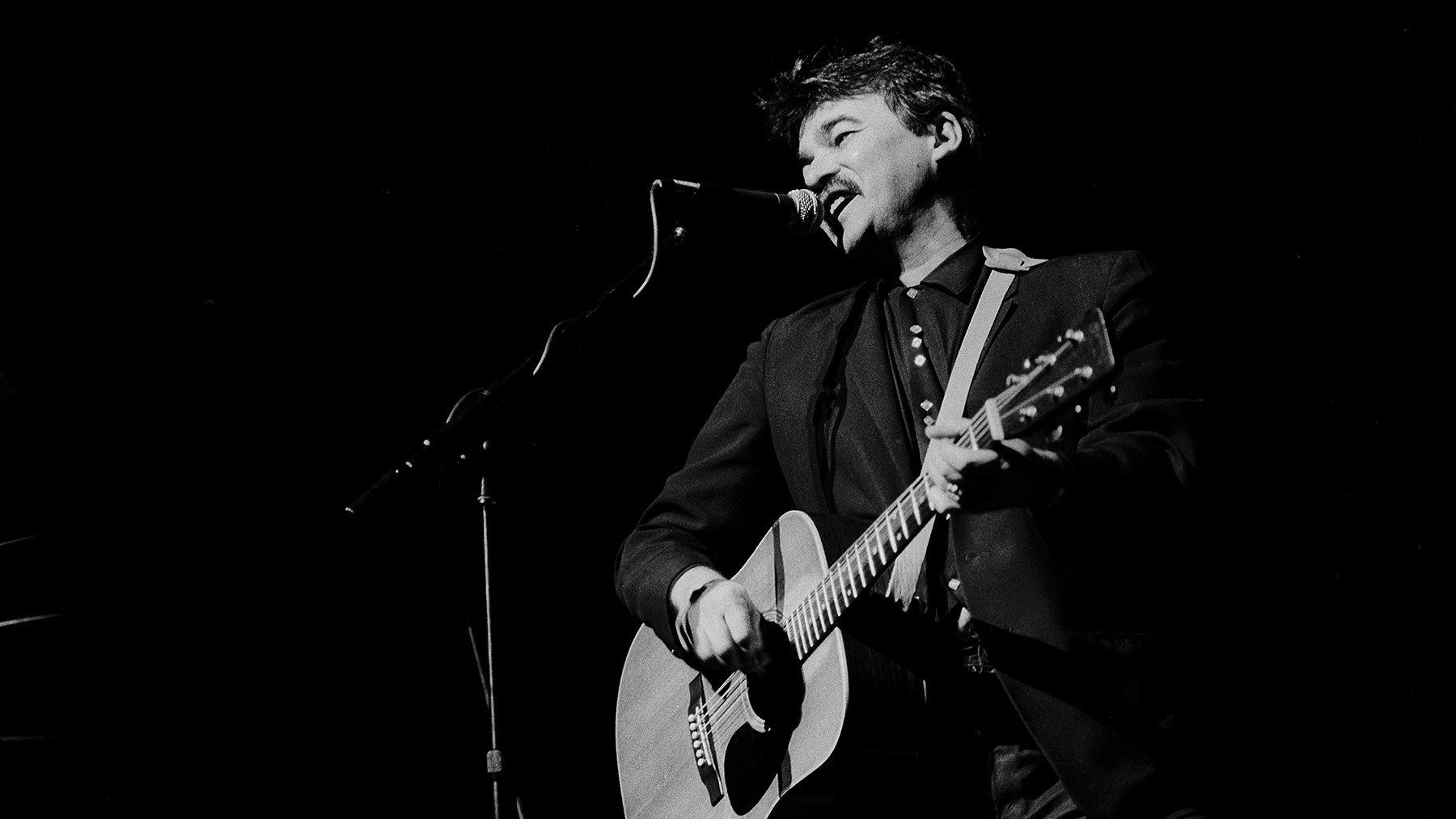 John Prine "Let's Talk Dirty in Hawaiian", a playful and humorous song about vacation and romance.
John Prine "Let's Talk Dirty in Hawaiian", a playful and humorous song about vacation and romance.
Written on the patio of a Nashville hotel and featured on Prine’s 1986 album German Afternoons, “Let’s Talk Dirty in Hawaiian” manages to be both a quintessential vacation song and a wonderfully playful, subtly suggestive love song. It’s pure, lighthearted fun, brimming with clever wordplay. “It’s a ukulele Honolulu sunset,” Prine sings, accompanied by geographically appropriate instrumentation, “Listen to the grass skirts sway/Drinking rum from a pineapple/Out on Honolulu Bay/The steel guitars all playing/ While she’s talking with her hands/ Gimme gimme oka doka make a wish and wanta polka/Words I understand, hey!” He described it as “the kind of song that keeps you out of the shrink,” highlighting its therapeutic and joyful nature. The song’s infectious rhythm and humorous lyrics make it a unique and delightful entry in Prine’s repertoire.
16. “Speed at the Sound of Loneliness” (1986)
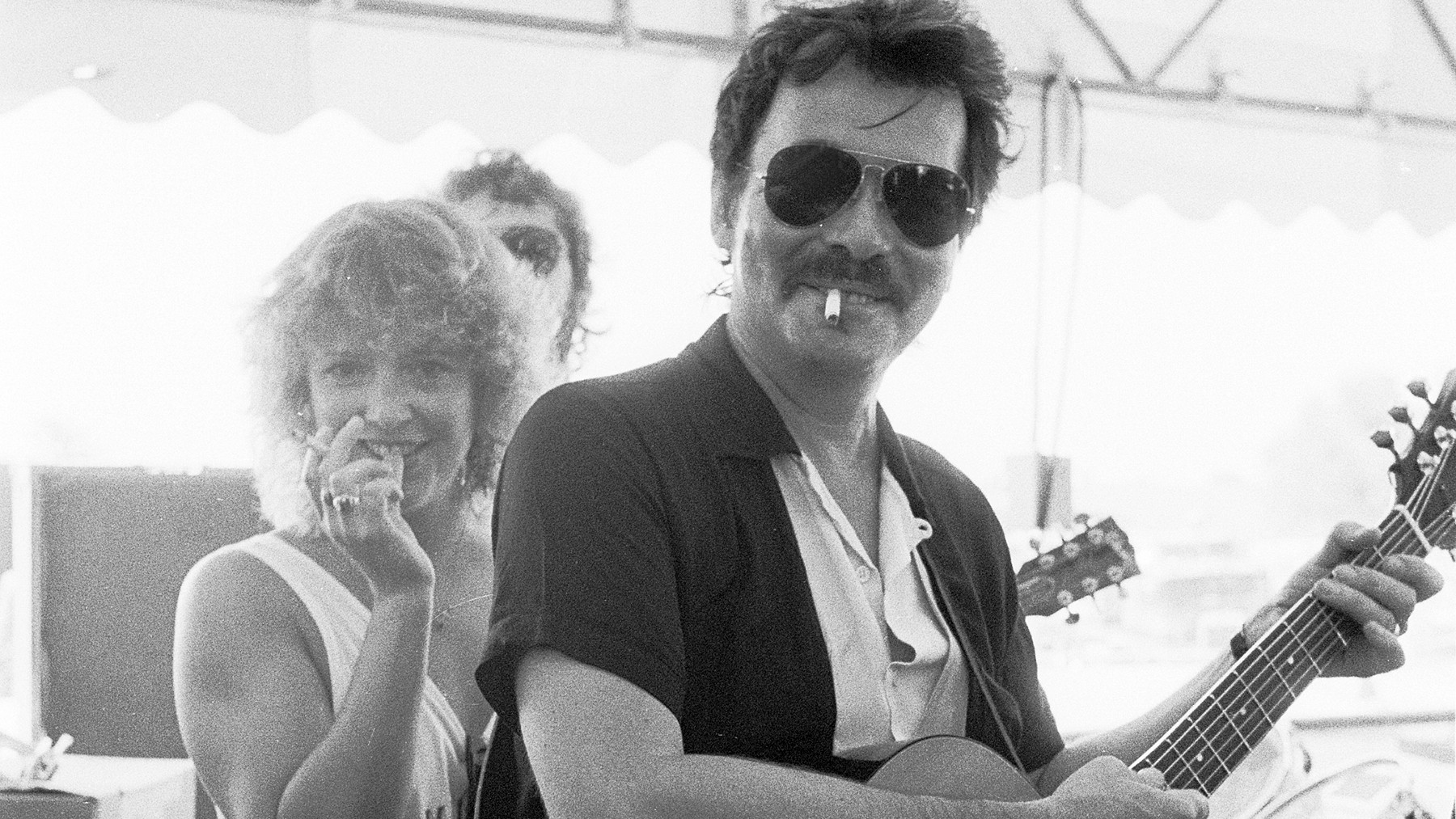 John Prine "Speed of the Sound of Loneliness", a ballad about heartbreak and emotional distance.
John Prine "Speed of the Sound of Loneliness", a ballad about heartbreak and emotional distance.
Born from the aftermath of a difficult breakup, “Speed at the Sound of Loneliness,” a 1986 ballad, showcases John Prine at his most romantically vulnerable. “It was a song about a break up,” he explained in 2016. “I had a picture in my mind of one of the astronauts of the 1950s with his face all contorted by G-force. I was thinking of somebody’s heart being pulled apart by G-force like that.” Similar to how Bonnie Raitt’s rendition amplified “Angel From Montgomery,” Nanci Griffith’s version of “Speed of the Sound of Loneliness” gained significant recognition, particularly her duet with Prine on her 1993 album Other Voices, Other Rooms. However, the song’s core, a simple three-chord progression conveying profound devastation and emotional distance, remains distinctly Prine. It culminates in what is arguably the most heartbreaking line in his entire songbook: “You come home straight/And you come curly,” he sings. “Sometimes you don’t come home at all.” The song’s stark beauty and raw emotion solidify its place as a Prine classic.
17. “The Sins of Memphisto” (1991)
“Sins of Memphisto,” written in the eleventh hour as Prine was finalizing his 1991 LP, The Missing Years, is a beautifully relaxed, lyrically rich tour-de-force. It’s filled with classic Prine-esque rhymes (“Sally used to play with here Hula Hoops/ Now she tells her problems to therapy groups”), absurdist imagery, and keenly observed everyday details, all woven into a poignant meditation on love, aging, youthful freedom, and lost innocence. The song populates itself with a diverse cast of characters: Adam and Eve, Lucille Ball and Ricky Ricardo, Esmeralda and the Hunchback of Notre Dame, a young boy eager to escape his hometown on his bicycle, and a Grandpa “on the front lawn staring at a rake/Wondering if his marriage was a terrible mistake.” Delivered with a tender, late-afternoon gentleness, the song’s sometimes uncomfortable truths about life are made palatable, like “a sip of Orange Crush.” Its literary depth and lyrical craftsmanship demonstrate Prine’s songwriting prowess at its finest.
18. “All the Best” (1991)
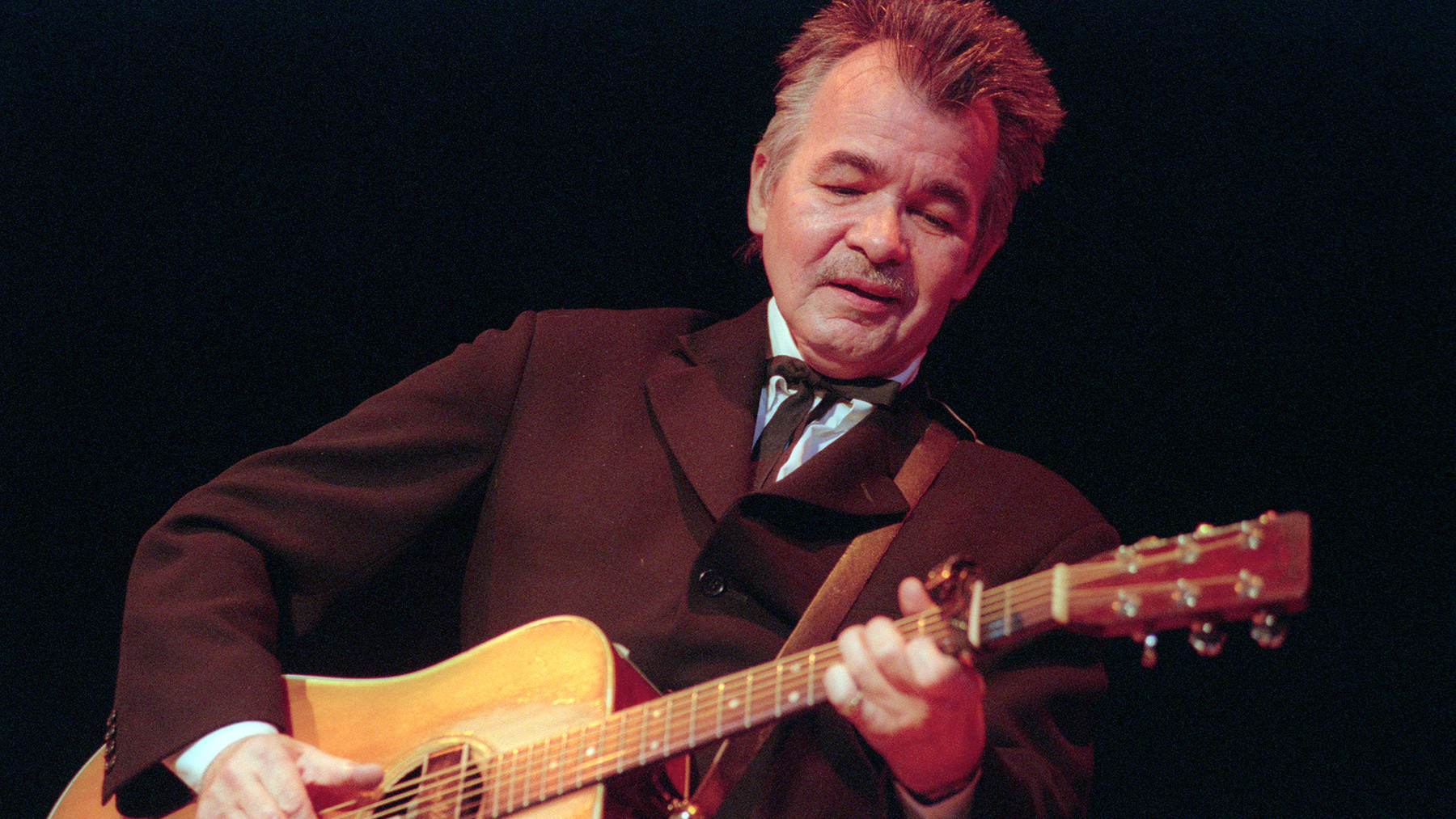 John Prine "All the Best", a heartfelt song about divorce and healing through compassion.
John Prine "All the Best", a heartfelt song about divorce and healing through compassion.
In a move typical of his generous spirit, John Prine transformed the narrative of his divorce from his second wife, Rachel Peer, into “All the Best,” one of his most magnanimous songs. It’s a story of heartbreak gradually yielding to healing through compassion and understanding. The song culminates in Prine’s devastatingly simple yet profound distillation of the emotional drift that occurs in relationships: “Your heart gets bored with your mind/And it changes you.” “All the Best” became a cornerstone of Prine’s 1991 comeback album, The Missing Years, embodying the album’s themes of lost love and the budding romance with his future third wife, Fiona. Introducing “All the Best” in 1990, Prine quipped, “Having recently acquired my second divorce… about a month later the song truck pulled up and dumped a bunch of great songs on my lawn.” In essence, he had “so much love that he cannot hide,” even amidst personal upheaval. The song’s honesty and emotional generosity make it a standout in his catalog.
19. “Jesus the Missing Years” (1991)
The Bible leaves an 18-year gap in Jesus’s life narrative, between the ages of 12 and 29. Prine, with his characteristic blend of humor and reverence, decided to imaginatively fill those “missing years” with a sprawling, seven-minute, Ramblin’ Jack Elliott-esque ballad. So, according to Prine, what did Jesus do during this undocumented period? He traveled to France and Spain, encountered some trouble with the authorities, grew his hair long, watched Rebel Without a Cause, and even invented Santa Claus. Further adventures include: “He discovered the Beatles, recorded with the Stones, and once even opened up a three-way package in Southern California for old George Jones.” Jesus also finds an Irish bride, mirroring Prine’s own life when he met his wife Fiona in Dublin in the late Eighties. This whimsical narrative arc takes a darker turn when Jesus realizes he’s “a human corkscrew and all my wine is blood. They’re gonna kill me Mama, they don’t like me bud.” It’s precisely this kind of imaginative, boundary-pushing songwriting that made him a favorite of Bob Dylan. “Jesus the Missing Years” stands as a remarkable piece of poetic storytelling, worthy of study for generations to come.
20. “Lake Marie” (1995)
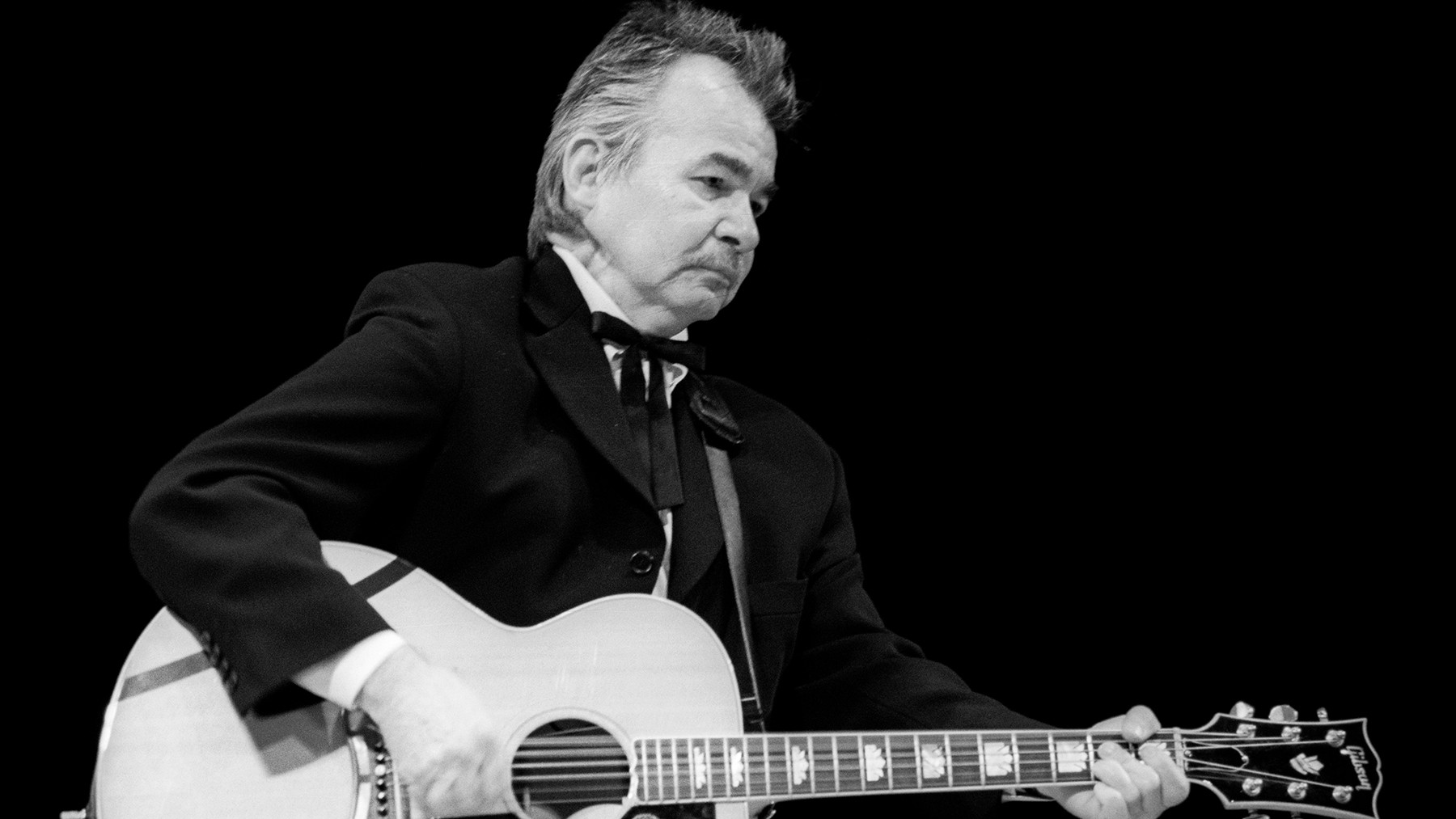 John Prine "Lake Marie", a complex song weaving together local history, failed marriage, and dark tales.
John Prine "Lake Marie", a complex song weaving together local history, failed marriage, and dark tales.
“Prine’s stuff is pure Proustian existentialism,” Bob Dylan famously declared. “Midwestern mind-trips to the nth degree.” “Lake Marie,” Dylan’s personal favorite Prine song, exemplifies this description. It masterfully intertwines three distinct narratives: the origin story of two lakes on the Illinois-Wisconsin border, the disintegration of a marriage, and a gruesome murder, all coalescing into a modern folk tale with a singalong chorus. Prine researched the lakes—which are real, though one is actually Lake Mary, not “Marie”—by consulting a local historian. The murder element was inspired by unsettling television footage he recalled from childhood. Remarkably, these disparate threads weave together seamlessly, juxtaposing lightness and darkness, with shadows lingering alongside the “peaceful waters” he revisits throughout the song. In a moment of classic Prine wry humor, he adds, “Many years later we found ourselves in Canada/Trying to save our marriage and perhaps catch a few fish … whatever came first.” “Lake Marie” showcases Prine’s genius for blending seemingly unrelated elements into a cohesive and compelling narrative.
21. “In Spite of Ourselves” (1999)
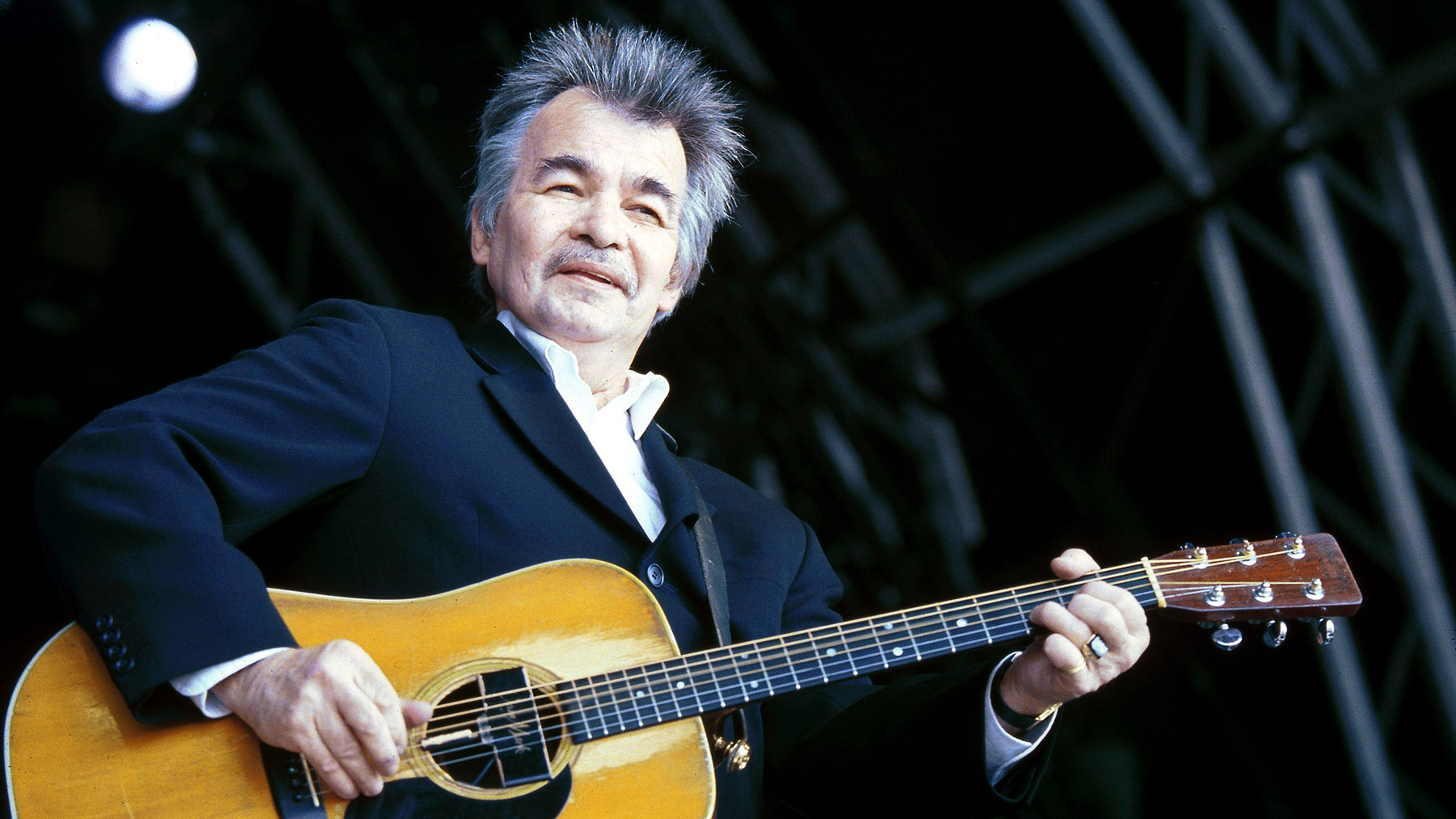 John Prine and Iris DeMent performing "In Spite of Ourselves", a duet about enduring love.
John Prine and Iris DeMent performing "In Spite of Ourselves", a duet about enduring love.
“In Spite of Ourselves,” a duet with Iris DeMent, offers a warm, richly detailed, and hilariously honest portrayal of a long-term relationship, crafted with Prine’s signature touch. In a he-said, she-said format, the song playfully catalogs the endearing imperfections and quirks that define a lasting bond. He sings about her dislike of runny eggs, her disdain for money, and her opinion that his jokes are “corny” (rhyming it with “convict movies make her horny”); she playfully calls him out for his beer consumption and recalls catching him “sniffin’ my undies.” They may disagree on numerous points, but the song celebrates a couple who know each other intimately, flaws and all, and whose love endures despite, or perhaps because of, these imperfections. Prine wrote “In Spite of Ourselves” for Daddy and Them, a film where he and Billy Bob Thornton played brothers. He stated it was “real loosely” based on two characters from the movie. However, its universal theme of warts-and-all love has resonated deeply, making it a surprisingly popular choice for wedding songs in recent years.
22. “Some Humans Ain’t Human” (2005)
 John Prine "Some Humans Ain't Human", a politically charged song with a gentle melody.
John Prine "Some Humans Ain't Human", a politically charged song with a gentle melody.
As a songwriter known for his inherent kindness, generosity, and deep humanity, Prine brings a uniquely poignant sense of disillusioned disbelief to “Some Humans Ain’t Human.” This mordantly funny critique of Republican ideology during the Bush era, released at the height of the Iraq War, is delivered with a gentle, almost understated melody. “You open their hearts and here’s what you’ll find,” he sings over a spare, tender arrangement. “A few frozen pizzas/Some ice cubes with hair/A broken Popsicle/You don’t want to go there.” As political statements go, it remains remarkably beautiful, demonstrating Prine’s ability to infuse even his most critical songs with a sense of grace. “During Vietnam, when you saw people on the street, you knew which side they were on,” Prine reflected. “But you don’t know anymore. It just got to the point where if you weren’t saying anything then people were taking it that you supported him, so I thought ‘Jeez, if I get hit by a bus I would sure like the world to know that I was not a Republican.’” The song serves as a testament to Prine’s willingness to address social and political issues with his characteristic wit and humanity.
23. “Long Monday” (2005)
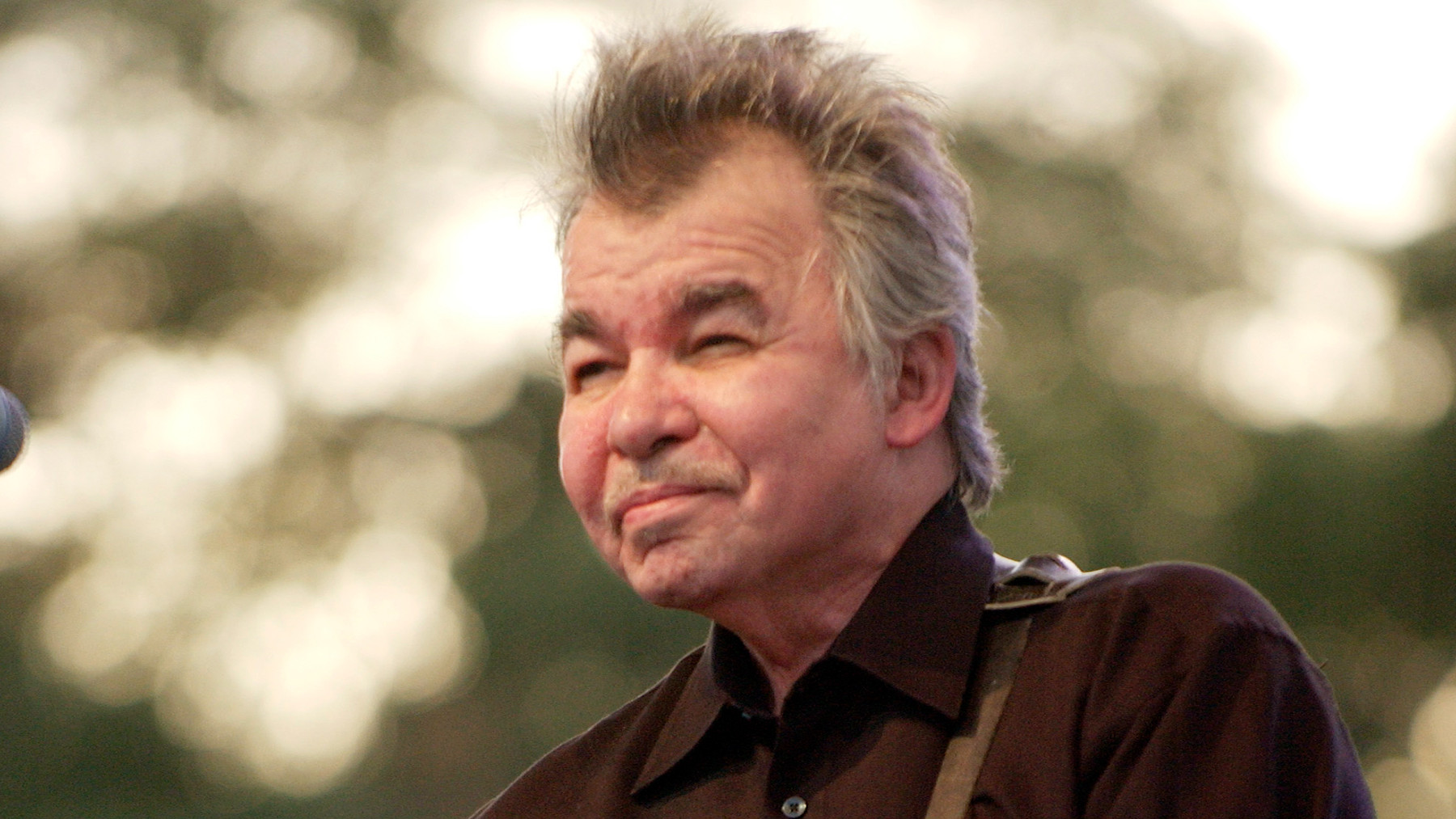 John Prine "Long Monday", a nostalgic and melancholic ballad about relationships and time.
John Prine "Long Monday", a nostalgic and melancholic ballad about relationships and time.
Prine’s voice carries a palpable sense of nostalgia and melancholy on Fair & Square, his first album released after overcoming stage-four cancer. A standout track, “Long Monday,” co-written with Keith Sykes, finds Prine reflecting on the cherished moments within a relationship, while subtly hinting at impending shadows. “Radio’s on/Windows rolled up/And my mind’s rolled down,” Prine sings, setting a scene of quiet contemplation. The lyrics directly address a lover about to depart for the week, leaving him at home. Given Prine’s own life as a touring musician who disliked being away from his family, it’s plausible he was also singing about his own experience and perspective. The song’s gentle beauty and emotional depth make it a poignant reflection on love and time.
24. “Summer’s End” (2018)
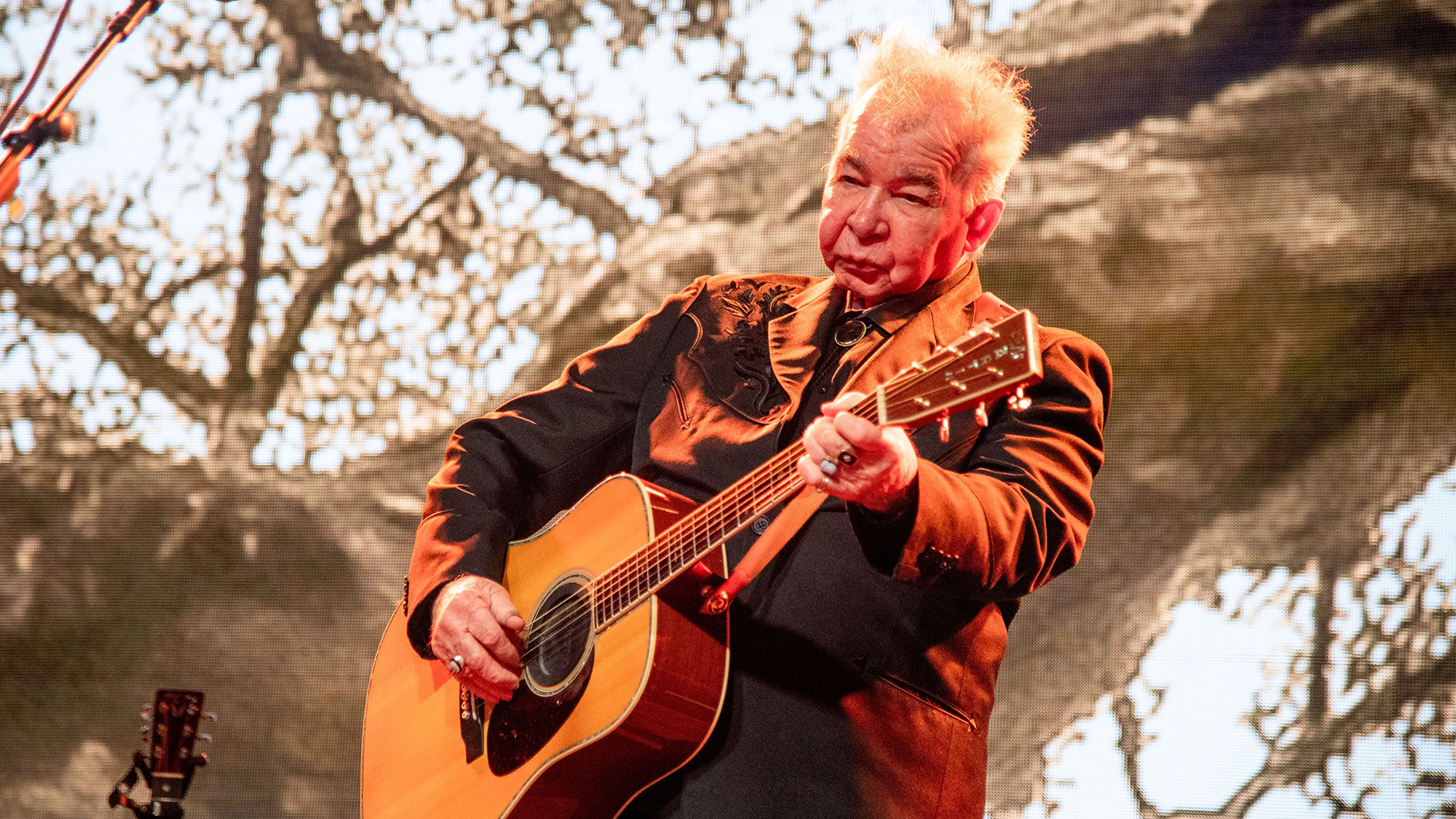 John Prine "Summer's End", an emotional song about companionship and mortality.
John Prine "Summer's End", an emotional song about companionship and mortality.
“Summer’s End,” an ode to late-life companionship, stands as the emotional core of Prine’s acclaimed 2018 album, The Tree of Forgiveness. The song opens with the simple, evocative image of swimsuits drying on a clothesline, before expanding the metaphor of summer’s close to represent the approaching end of life. “Well, I don’t know, but I can see it’s snowing,” Prine sings, drawing out the final word to underscore its deeper meaning. “There’s a natural sadness with that song because I do think about me and John,” his wife Fiona shared in 2018. “I think, ‘OK, we have had two seasons together, and we are going into the third season.’” While Prine was renowned for songs that could evoke laughter and tears in quick succession, “Summer’s End” leans purely into tearful emotion, with Brandi Carlile’s ethereal harmony amplifying the yearning for peace in the song’s repeated “come on home” chorus. As Prine himself poignantly sings in the song’s climax, his voice thick with emotion, “Summer’s end came faster than we wanted.” The song is a beautiful and heartbreaking meditation on love and mortality.
25. “When I Get to Heaven” (2018)
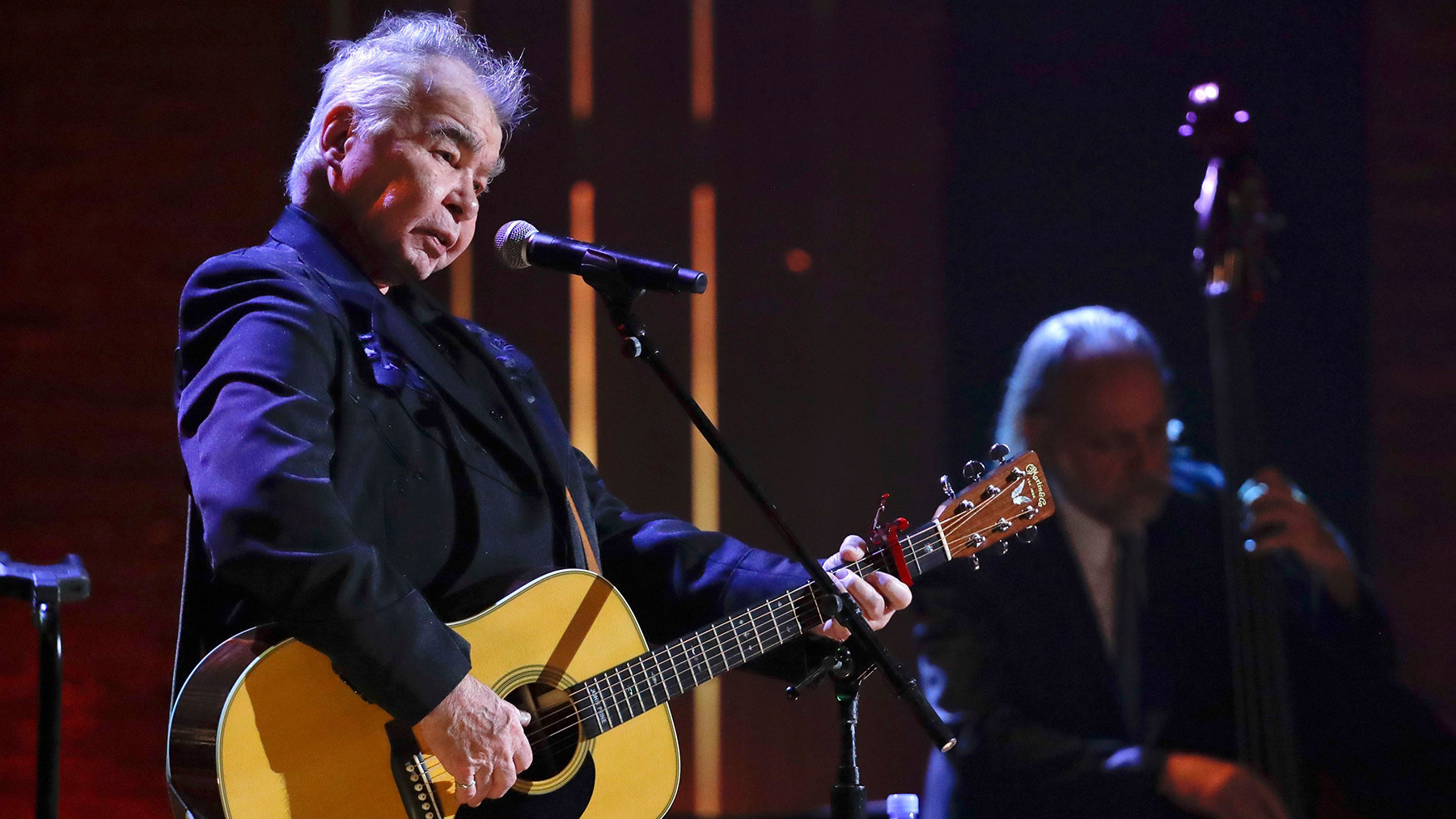 John Prine "When I Get to Heaven", a humorous and poignant epitaph song from his final album.
John Prine "When I Get to Heaven", a humorous and poignant epitaph song from his final album.
Prine could not have crafted a more fitting epitaph than “When I Get to Heaven,” the final track on his final album. In spoken-word verses reminiscent of Hank Williams’s alter-ego Luke the Drifter, Prine outlines his plans for the afterlife. “When I get to heaven/I’m gonna shake God’s hand/Thank him for more blessings/Than one man can stand,” Prine sings, before enumerating the blessings he’s grateful for: his parents, who supported his musical path, his departed aunts and brother Doug, and even his critics (“those syphilitic parasitics,” he jokes). Prine pledges to open a nightclub named “The Tree of Forgiveness” in heaven. Over a joyous, kazoo-filled chorus, he declares his intention to order a “handsome Johnny” (his preferred drink: vodka and ginger ale) and “smoke a cigarette that’s nine miles long.” Mortality had long been a rich subject in Prine’s songwriting. When he turned his gaze to his own, it was with characteristic dark humor and lyrical precision: “When I get to heaven, I’m gonna take that wristwatch off my arm,” he sings. “What are you gonna do with time/After you’ve bought the farm?” The song is a perfect blend of humor, reflection, and acceptance, serving as a poignant and ultimately joyful farewell from a songwriting legend.
